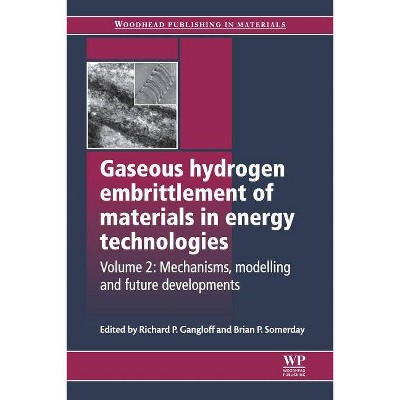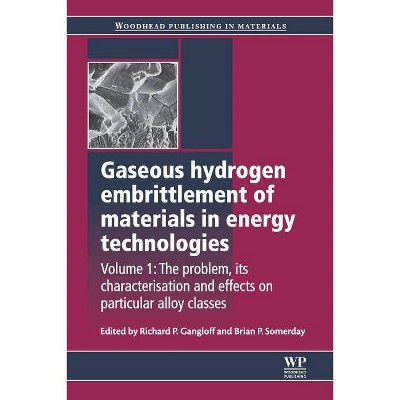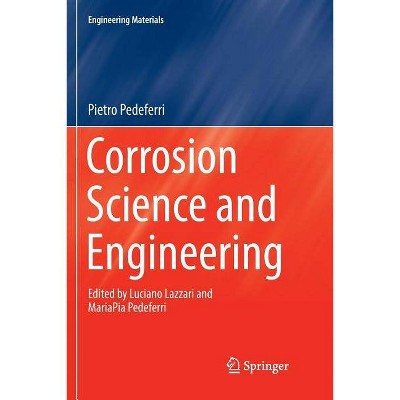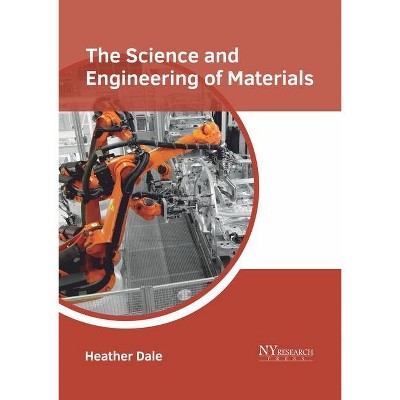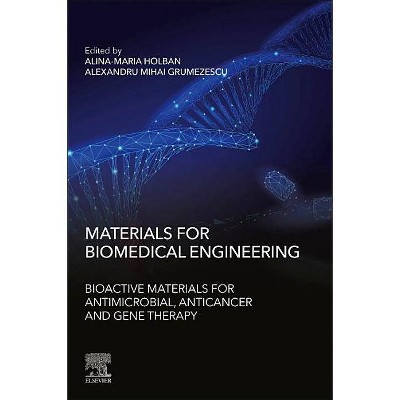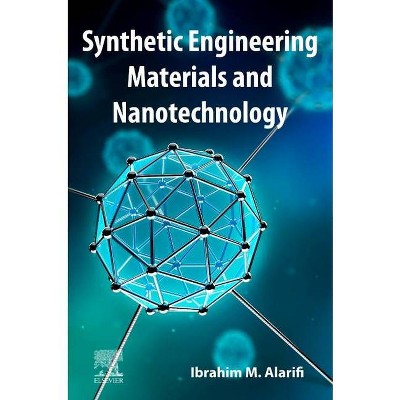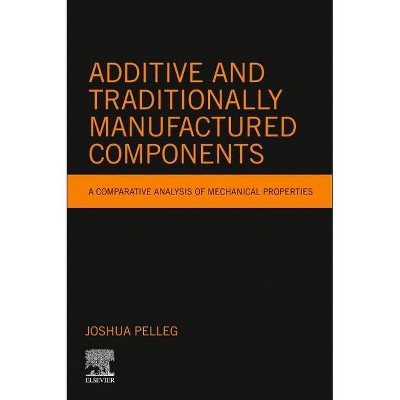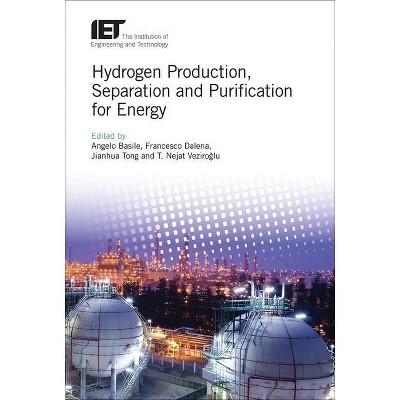The Effect of Hydrogen and Hydrides on the Integrity of Zirconium Alloy Components - (Engineering Materials) by Manfred P Puls (Paperback)
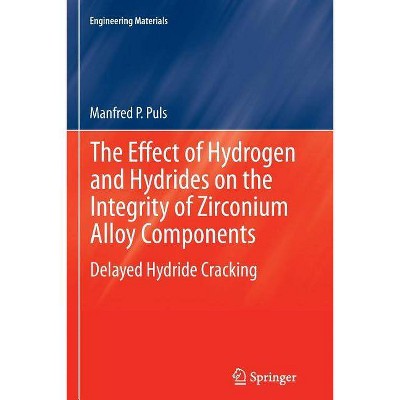
Similar Products
Products of same category from the store
AllProduct info
<p/><br></br><p><b> About the Book </b></p></br></br>Drawing together the latest theoretical and experimental understanding of the phenomena of delayed hydride cracking (DHC) in zirconium alloys, this book provides a detailed explanation focusing on the properties of hydrogen and hydrides in these alloys.<p/><br></br><p><b> Book Synopsis </b></p></br></br><p>By drawing together the current theoretical and experimental understanding of the phenomena of delayed hydride cracking (DHC) in zirconium alloys, <i>The Effect of Hydrogen and Hydrides on the Integrity of Zirconium Alloy Components: Delayed Hydride Cracking</i> provides a detailed explanation focusing on the properties of hydrogen and hydrides in these alloys. Whilst the emphasis lies on zirconium alloys, the combination of both the empirical and mechanistic approaches creates a solid understanding that can also be applied to other hydride forming metals.</p><p> </p><p>This up-to-date reference focuses on documented research surrounding DHC, including current methodologies for design and assessment of the results of periodic in-service inspections of pressure tubes in nuclear reactors. Emphasis is placed on showing how our understanding of DHC is supported by progress in general understanding of such broad fields as the study of hysteresis associated with first order phase transformations, phase relationships in coherent crystalline metallic solids, the physics of point and line defects, diffusion of substitutional and interstitial atoms in crystalline solids, and continuum fracture and solid mechanics. Furthermore, an account of current methodologies is given illustrating how such understanding of hydrogen, hydrides and DHC in zirconium alloys underpins these methodologies for assessments of real life cases in the Canadian nuclear industry.</p><p> </p><p>The all-encompassing approach makes <i>The Effect of Hydrogen and Hydrides on the Integrity of Zirconium Alloy Component: Delayed Hydride Cracking</i> an ideal reference source for students, researchers and industry professionals alike. </p><p/><br></br><p><b> From the Back Cover </b></p></br></br><p>By drawing together the current theoretical and experimental understanding of the phenomena of delayed hydride cracking (DHC) in zirconium alloys, <i>The Effect of Hydrogen and Hydrides on the Integrity of Zirconium Alloy Components: Delayed Hydride Cracking</i> provides a detailed explanation focusing on the properties of hydrogen and hydrides in these alloys. Whilst the focus lies on zirconium alloys, the combination of both the empirical and mechanistic approaches creates a solid understanding that can also be applied to other hydride forming metals.</p><p> </p><p>This up-to-date reference focuses on documented research surrounding DHC, including current methodologies for design and assessment of the results of periodic in-service inspections of pressure tubes in nuclear reactors. Emphasis is placed on showing that our understanding of DHC is supported by progress across a broad range of fields. These include hysteresis associated with first-order phase transformations; phase relationships in coherent crystalline metallic solids; diffusion of substitutional and interstitial atoms in crystalline solids; and continuum fracture and solid mechanics. Furthermore, an account of current methodologies is given, illustrating how such understanding of hydrogen, hydrides and DHC in zirconium alloys underpins these methodologies for assessments of real life cases in the Canadian nuclear industry.</p><p> </p><p>The all-encompassing approach makes <i>The Effect of Hydrogen and Hydrides on the Integrity of Zirconium Alloy Component: Delayed Hydride Cracking</i> an ideal reference source for students, researchers and industry professionals alike. </p><p/><br></br><p><b> About the Author </b></p></br></br><p><b>Manfred Puls</b> is a consultant, working through MPP Consulting with Kinectrics Inc. in support of research conducted for the Canadian nuclear industry. He holds a PhD degree in Physics from McMaster University, Hamilton, Ontario, Canada, and has engineering degrees from the University of British Columbia, Vancouver, B.C., Canada. He has been working in the nuclear industry since 1971. Before moving into his present consulting role, Dr Puls had a long career with AECL, working as Research Scientist, Section Head, Manager and Program Manager during his 35 year stay with this organization.</p>
Price History
Price Archive shows prices from various stores, lets you see history and find the cheapest. There is no actual sale on the website. For all support, inquiry and suggestion messagescommunication@pricearchive.us
